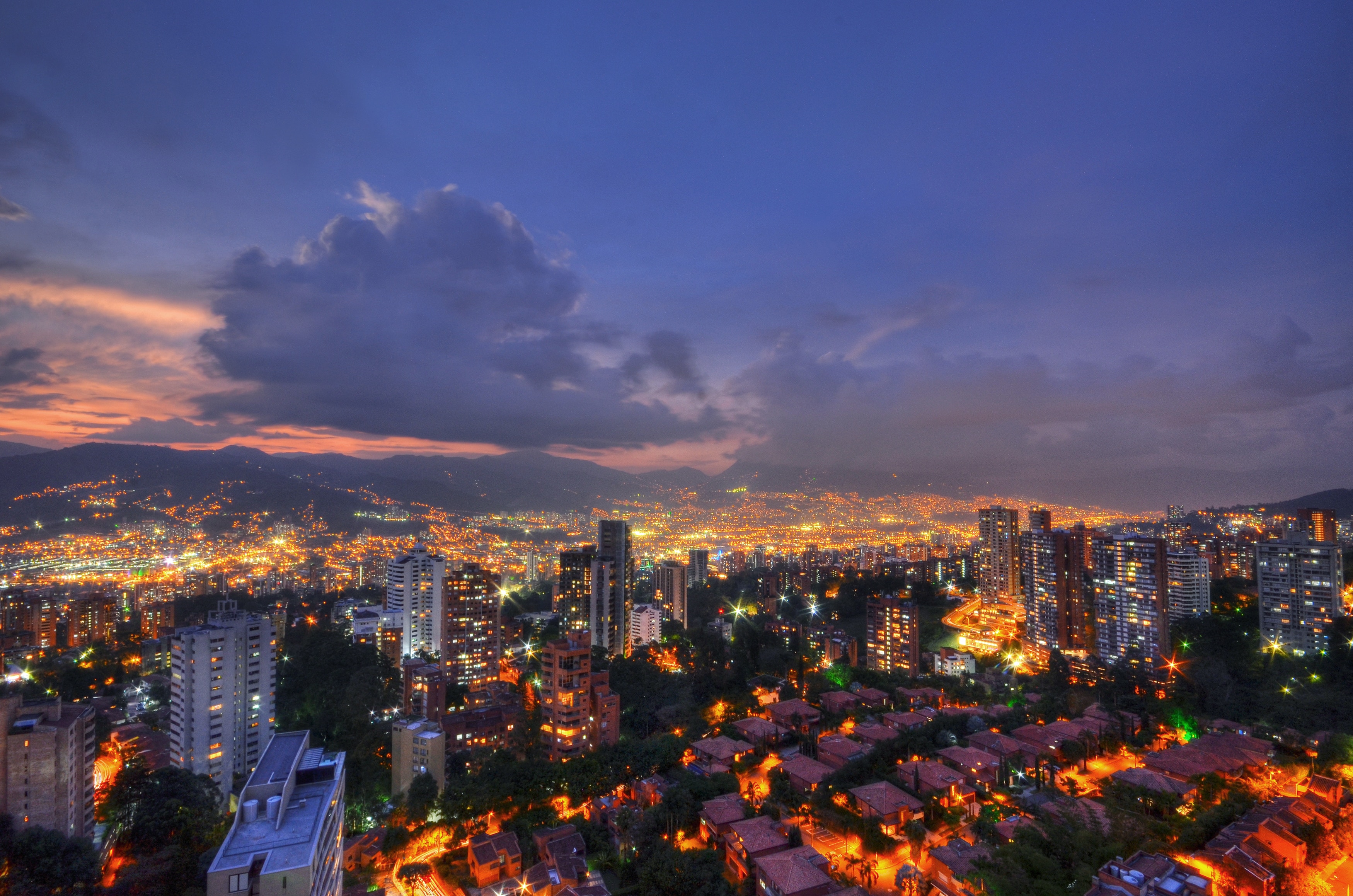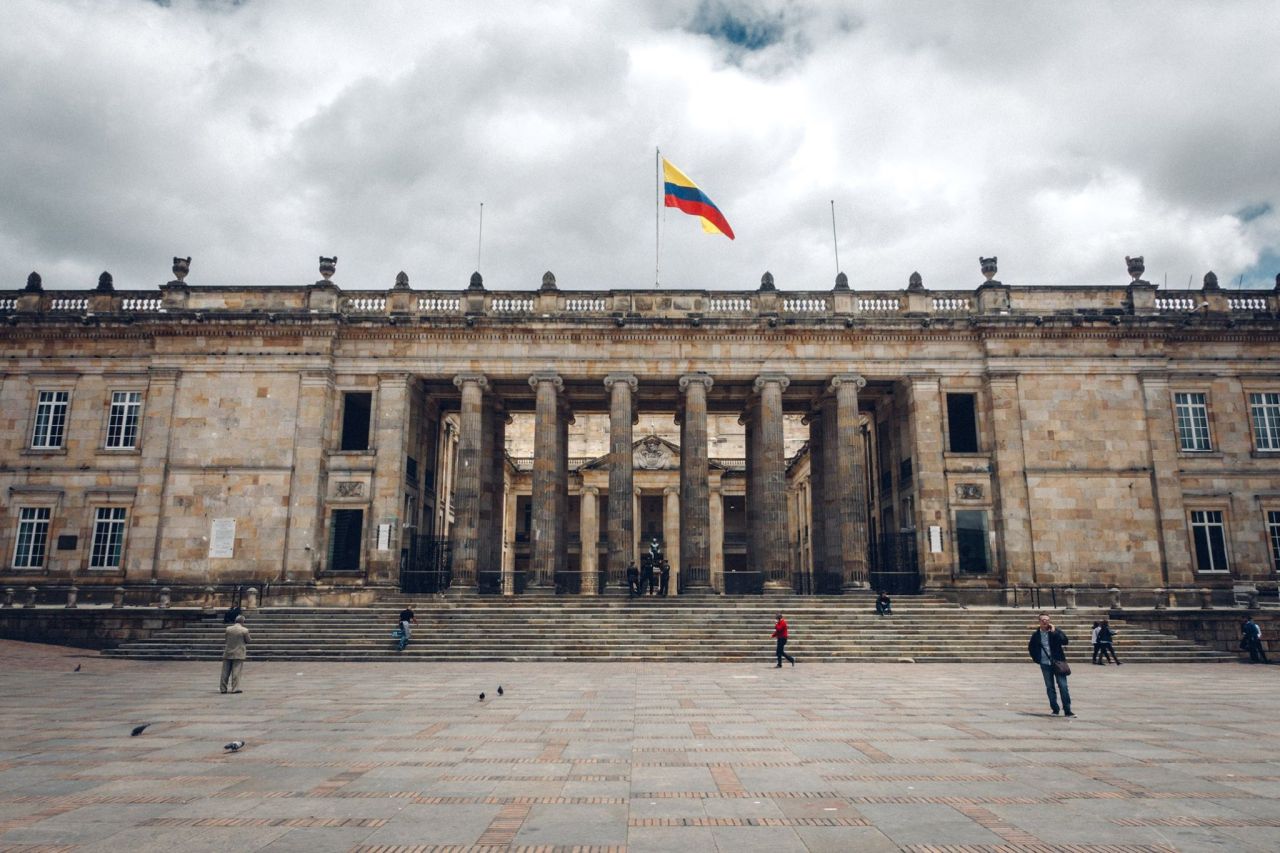The Colombian entrepreneurial ecosystem has grown quickly the past few years. While the two most prominent cities, Bogota and Medellin, are often in the spotlight for their startup successes like Rappi or Fitpal, the third and fourth largest cities, Cali and Barranquilla respectively, are edging their way into the ring as well. These two strategically-placed cities – Cali near the Pacific and Barranquilla on the Caribbean Coast – are drawing attention from investors and beginning to develop the infrastructure they need to start to compete alongside Bogota and Medellin.
Looking deeper into the Colombian startup scene, you’ll notice many differences between the cities. Here’s a look at what each has to offer and how they contribute to Colombia’s growing entrepreneurial spirit.
Bogota
As the political and economic powerhouse that drives the Andean nation, Bogota is also the headquarters for many of Colombia’s fastest growing startups – as well as a significant hub for investment. Two of Colombia’s top three universities are located in Bogota, leading to a highly educated local talent pool for growing companies.
The growth of innovation in Bogota has primarily surged as a result of the Colombian government’s efforts to revitalize the country and the capital through the innovation economy. For example, in 2012, the National Government founded INNPulsa to promote business development in Colombia, with the goal of putting Colombia in the top three most innovative economies of Latin America. (more…)

